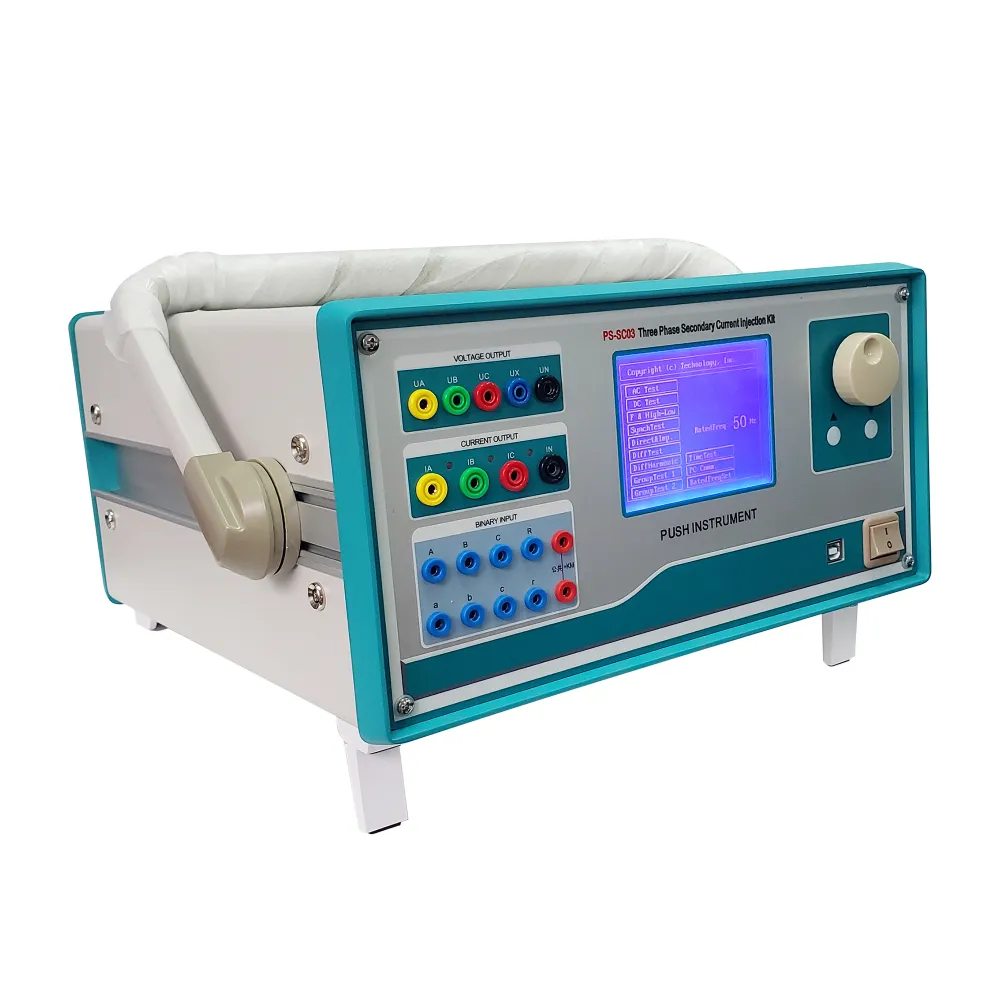 English
English



-
 Afrikaans
Afrikaans -
 Albanian
Albanian -
 Amharic
Amharic -
 Arabic
Arabic -
 Armenian
Armenian -
 Azerbaijani
Azerbaijani -
 Basque
Basque -
 Belarusian
Belarusian -
 Bengali
Bengali -
 Bosnian
Bosnian -
 Bulgarian
Bulgarian -
 Catalan
Catalan -
 Cebuano
Cebuano -
 China
China -
 China (Taiwan)
China (Taiwan) -
 Corsican
Corsican -
 Croatian
Croatian -
 Czech
Czech -
 Danish
Danish -
 Dutch
Dutch -
 English
English -
 Esperanto
Esperanto -
 Estonian
Estonian -
 Finnish
Finnish -
 French
French -
 Frisian
Frisian -
 Galician
Galician -
 Georgian
Georgian -
 German
German -
 Greek
Greek -
 Gujarati
Gujarati -
 Haitian Creole
Haitian Creole -
 hausa
hausa -
 hawaiian
hawaiian -
 Hebrew
Hebrew -
 Hindi
Hindi -
 Miao
Miao -
 Hungarian
Hungarian -
 Icelandic
Icelandic -
 igbo
igbo -
 Indonesian
Indonesian -
 irish
irish -
 Italian
Italian -
 Japanese
Japanese -
 Javanese
Javanese -
 Kannada
Kannada -
 kazakh
kazakh -
 Khmer
Khmer -
 Rwandese
Rwandese -
 Korean
Korean -
 Kurdish
Kurdish -
 Kyrgyz
Kyrgyz -
 Lao
Lao -
 Latin
Latin -
 Latvian
Latvian -
 Lithuanian
Lithuanian -
 Luxembourgish
Luxembourgish -
 Macedonian
Macedonian -
 Malgashi
Malgashi -
 Malay
Malay -
 Malayalam
Malayalam -
 Maltese
Maltese -
 Maori
Maori -
 Marathi
Marathi -
 Mongolian
Mongolian -
 Myanmar
Myanmar -
 Nepali
Nepali -
 Norwegian
Norwegian -
 Norwegian
Norwegian -
 Occitan
Occitan -
 Pashto
Pashto -
 Persian
Persian -
 Polish
Polish -
 Portuguese
Portuguese -
 Punjabi
Punjabi -
 Romanian
Romanian -
 Russian
Russian -
 Samoan
Samoan -
 Scottish Gaelic
Scottish Gaelic -
 Serbian
Serbian -
 Sesotho
Sesotho -
 Shona
Shona -
 Sindhi
Sindhi -
 Sinhala
Sinhala -
 Slovak
Slovak -
 Slovenian
Slovenian -
 Somali
Somali -
 Spanish
Spanish -
 Sundanese
Sundanese -
 Swahili
Swahili -
 Swedish
Swedish -
 Tagalog
Tagalog -
 Tajik
Tajik -
 Tamil
Tamil -
 Tatar
Tatar -
 Telugu
Telugu -
 Thai
Thai -
 Turkish
Turkish -
 Turkmen
Turkmen -
 Ukrainian
Ukrainian -
 Urdu
Urdu -
 Uighur
Uighur -
 Uzbek
Uzbek -
 Vietnamese
Vietnamese -
 Welsh
Welsh -
 Bantu
Bantu -
 Yiddish
Yiddish -
 Yoruba
Yoruba -
 Zulu
Zulu
Oil Friction Testing Equipment for Evaluating Lubricant Performance and Efficiency
The Importance of Oil Friction Test Machines in Material Testing
In the realm of material testing, ensuring the reliability and performance of various materials is crucial, particularly when it comes to applications in the automotive, aerospace, and manufacturing industries. One essential tool in this field is the oil friction test machine. This specialized equipment plays a pivotal role in determining the frictional properties of lubricants and materials under different conditions, providing valuable data that can influence the design and application of various products.
Understanding Oil Friction Test Machines
An oil friction test machine is designed to evaluate the frictional characteristics of materials when subjected to lubricants. These machines assess how different oils perform under various loads, temperatures, and speeds, simulating real-world operating conditions. The primary objective is to measure friction coefficients, wear rates, and the overall effectiveness of lubricants. This information is vital for researchers and engineers who aim to enhance the performance of lubricants, improve machinery efficiency, and reduce wear and tear in components.
Key Features and Functionality
Oil friction test machines come equipped with a variety of features that allow for precise measurements and replicable results. Most machines utilize a tribometer setup, where two surfaces (typically one stationary and one moving) are subjected to a controlled load while immersed in oil. The system continuously measures the frictional force, allowing for real-time analysis of the friction coefficient.
Moreover, modern oil friction test machines often come with advanced data acquisition systems, enabling the collection and analysis of a wide range of parameters. This includes temperature variations, load conditions, and speed adjustments, which are critical to understanding how lubricants behave under stress.
oil friction test machine

Applications of Oil Friction Testing
The data obtained from oil friction testing is invaluable across several fields. In the automotive industry, for example, it helps in the development of engine oils that can withstand high temperatures and pressures while minimizing friction between moving parts. This not only improves fuel efficiency but also extends the lifespan of engine components.
In the aerospace sector, oil friction test machines are used to evaluate lubricants for aircraft, where the stakes are incredibly high, and performance reliability is critical. Testing under simulated conditions can ensure that lubricants will perform adequately during actual flight scenarios, reducing the risk of failure.
In manufacturing, the findings from friction tests can guide decisions regarding material selection and processing methods. For instance, understanding how different lubricants affect the wear of machining tools can lead to more efficient production processes and cost savings.
Conclusion
In conclusion, oil friction test machines are an indispensable part of material testing in today’s industries. By providing essential data on the performance of lubricants under various conditions, these machines help enhance the reliability and efficiency of numerous applications. As technology continues to advance, we can expect even more sophisticated testing methods that will further refine our understanding of material interactions, ultimately leading to greater innovation and improved safety in industrial applications. Investing in advanced oil friction testing technology is, therefore, not merely a choice but a necessity for companies aiming to stay at the forefront of their industries.
-
Testing Equipment Industry Sees Major Advancements in 2025: Smart & Precision Technologies Lead the WayNewsJun.06,2025
-
Applications of Direct Current Generators in Renewable Energy SystemsNewsJun.05,2025
-
Hipot Tester Calibration and Accuracy GuidelinesNewsJun.05,2025
-
Digital Circuit Breaker Analyzer Features and BenefitsNewsJun.05,2025
-
Benefits of Real-Time Power Quality Monitoring Devices for Industrial EfficiencyNewsJun.05,2025
-
Earth Fault Loop Testing in High-Rise Building Electrical SystemsNewsJun.05,2025



